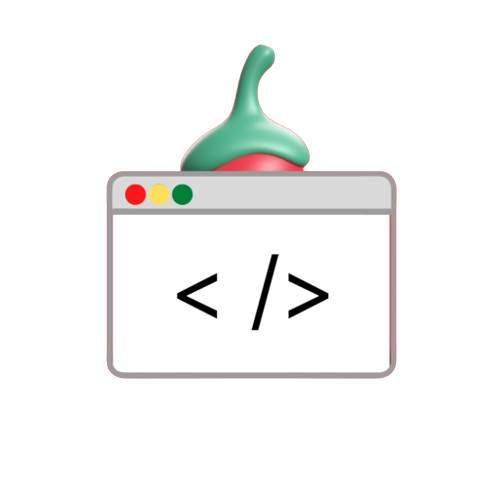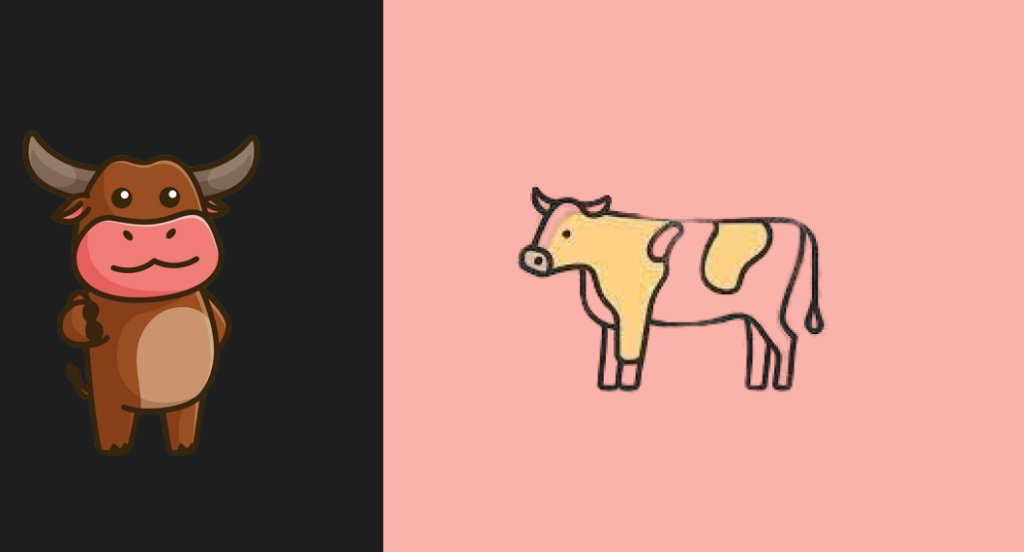If you are looking for a fun and challenging programming project. Why not create a classic game like Cows and Bulls in Python? This project will help you practice your Python skills by creating a fully functional game that can be played with friends or against the computer.
What is Cows and Bulls?
Cowboy, a code-breaking game with pen and paper It has been popular for many years. In this game, one player (In this case, a computer.) Select a 4-digit secret number with no repeating numbers and another player must guess. For each guess the computer will answer using two words:
- Taurus: The number of digits in the estimation that matches the value and position along with the hidden digits.
- Cow: The number of digits in the estimation is correct but in the wrong position.
Players will continue guessing until they guess the secret number correctly or until their attempts are exhausted.
Key Concepts in the Cows and Bulls Game
- Random number generation: Restrictions on generating random secret numbers so that there are no duplicate numbers.
- No duplicate numbers: One of the main rules is that secret numbers and guessed numbers should not contain duplicate numbers.
- Signal System: After each guess the system will respond in the form of a bull indicating how accurately the player guessed the hidden number
Python Code Implementation
Let’s dive into the Python code to create the game Cows and Bulls. Below is a breakdown of the logic and code.
Step 1: Import Required Libraries
import random Step 2: Function to Extract Digits
This function takes a number and returns its individual digits.
def getDigits(num):
return [int(i) for i in str(num)] Step 3: Function to Check for Duplicates
This function checks if the numbers in a number are unique.
def noDuplicates(num):
num_li = getDigits(num)
if len(num_li) == len(set(num_li)):
return True
else:
return FalseStep 4: Function to Generate Secret Code
The function generates a 4-digit random number without repeating numbers.
def generateNum():
while True:
num = random.randint(1000,9999)
if noDuplicates(num):
return num Step 5: Function to Calculate Bulls and Cows
This function calculates how many cows and cows there are by comparing the estimated numbers with the hidden numbers.
def numOfBullsCows(num, guess):
bull_cow = [0, 0]
num_li = getDigits(num)
guess_li = getDigits(guess)
for i, j in zip(num_li, guess_li):
if j in num_li:
if j == i:
bull_cow[0] += 1
else:
bull_cow[1] += 1
return bull_cow Step 6: Main Game Logic
This is the climax of the game where players guess about the cow and receive feedback.
num = generateNum()
tries = int(input('Enter number of tries: '))
while tries > 0:
guess = int(input("Enter your guess: "))
if not noDuplicates(guess):
print("Number should not have repeated digits. Try again.")
continue
if guess < 1000 or guess > 9999:
print("Enter 4 digit number only. Try again.")
continue
bull_cow = numOfBullsCows(num, guess)
print(f"{bull_cow[0]} bulls, {bull_cow[1]} cows")
tries -= 1
if bull_cow[0] == 4:
print("You guessed right!")
break
else:
print(f"You ran out of tries. Number was {num}")
How It Works:
- The computer generates a 4-digit secret number with no repeating numbers.
- There were several attempts to guess the player’s number.
- After each guess, the computer responds in the form of a cow and a cow.
- Players will continue guessing until they guess the secret code correctly or they run out of tries.
Enhancements and Variations
- Difficulty Level: You can increase the difficulty level by changing the number of digits or limiting the number of attempts.
- Timer: Adding a countdown timer can increase the challenge of the game.
- Multiplayer mode: allows two players to play against each other.
Why This is a Great Python Project
This project is a great way to practice:
- Random number generation
- Working with lists and sets
- User input validation
- Logic for comparing values
Conclusion
The Cow and Bull game is a great starter project to help you practice your Python skills. It also provides a fun, interactive way to learn programming concepts like loops, conditions, and functions. Whether you are a beginner or want to practice. This game is a great way to start. When this project is completed You can not only learn Python, but also create fun things that you can share with friends! So dive into the code, create your own version. And start playing!

